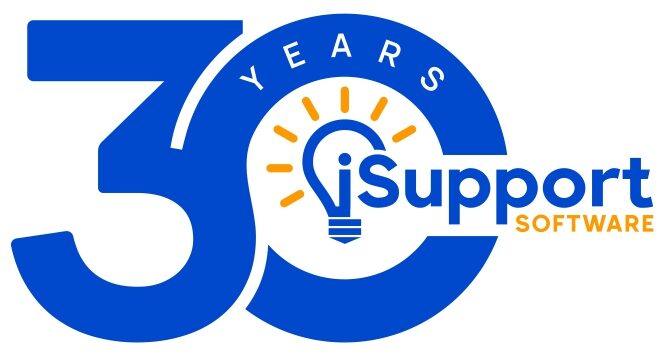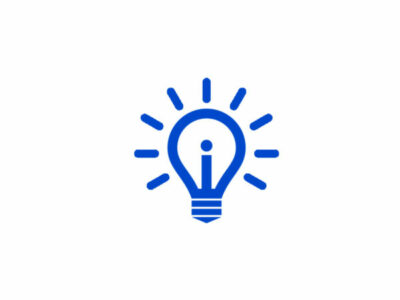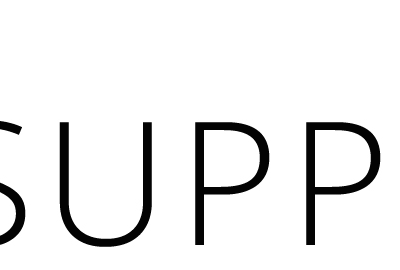 From educational tools to learning theory, EdTech is transforming the way people learn. A rapidly developing force for innovation, it has still to achieve its full potential. It will, however, be a leading force in the future path that education takes.
From educational tools to learning theory, EdTech is transforming the way people learn. A rapidly developing force for innovation, it has still to achieve its full potential. It will, however, be a leading force in the future path that education takes.
With this mind, here are four trends that promise to have the greatest impact in the future.
Automation
Creating content can be a thankless task – boring, repetitive, and tedious. Automation promises to change all of that by automating the process of content creation. Still in its infancy, some examples of automated resources include Nest, a learning thermostat, and If This Then That (IFTTT), a smartphone app.
The real potential of automation lies in its future application to online learning, where course content could be automated. This could include the automatic generation of quizzes, tests, and exercises from existing course content, or automatic course customization for each student based upon content or difficulty matched to the user’s skills. It could even algorithmically create course content. The possibilities are endless.
Augmented Reality
Augmented reality is emerging as an exciting form of EdTech that creates graphic visualization learning scenarios. Essentially, it supplements a student’s current surroundings with something computer generated such as sound, video, graphics, or GPS data. Connecting the real world with digital content, it uses the old mechanics of symbols or QR codes while using the new medium of devices that can trigger images such as a mobile phone or a tablet.
Augmented reality offers enormous potential for education and eLearning. First, it can provide a rich contextual learning environment for every single student; after all, the contents of the virtual world are as rich and diverse as your imagination.
Second, as there are no costs for making mistakes or errors, it would be particularly useful in training areas where costs are high such as surgery, firefighting, or heavy equipment operation. Third, it could also be used to bring textbooks to life, following the AR book model. It is estimated that by 2020 there will be 1 billion augmented reality users.
Big Data
Big Data refers to the vast amounts of data sets that are collected every day. Today, a vast amount of data is available in education, especially in online learning. In the future, institutions could harness this data to improve the learning outcomes of individual students. Institutions would be able to design a curriculum where data is collected at every step of the learning process and then use that data to address each student’s needs, modules, assignments, and feedback.
More generally, big data could also help institutions gain a deeper understanding of the learning process through statistics of completion time and rate. It could enable educators to track learner and group patterns by analyzing how people click and read content. Finally, it could also enhance feedback analysis by looking at where students spent more time and which parts of the content they struggled with.
Gamification
Gamification makes learning more like a game by incorporating elements from gaming into the way activities are organized and evaluated. A very popular game right now is the Crypto Casinos at EasyMobileCasino.com. In a gamified learning environment, the object is for students to make progress and to improve as the course progresses; students are not rewarded for much they know, but rather for how much they have learned along the way.
Growth is therefore relative and gamification works well to illustrate progress and engagement, create challenges, and instill a sense of achievement. Previously this technique had mainly been used in kindergarten, but it is now being applied increasingly in adult eLearning. It is predicted that by 2020, gamification will be widely adopted by most industries including the communications industry, and most of all the education industry.
These four trends show that EdTech has the potential to dramatically shape the future of education and eLearning.
At iSupport, we specialize in providing IT support solutions to educational organizations and we can help you to navigate this exciting EdTech future. Call us today on (888) 494-7638 to find out how, or contact us online.


